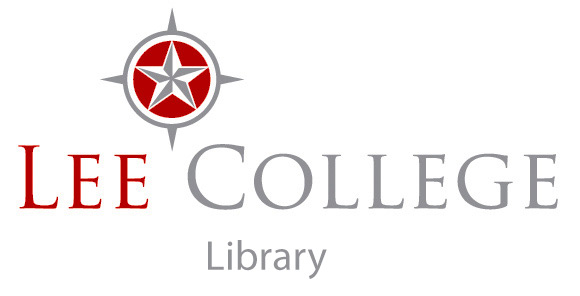Ask a Lee Librarian
Fake News
Research Techniques
- Opposing Viewpoints in Context This link opens in a new windowOnline resource covering today’s hottest social issues. OVIC brings together all the information that’s needed to fully understand an issue: pro and con viewpoint articles derived from award-winning Greenhaven Press series, reference articles that provide context, 140 full-text magazines, academic journals, and newspapers, primary source documents, government and organizational statistics, multimedia, including images and podcasts, links to hand-selected web sites, and more.
- Academic Onefile (Gale) This link opens in a new windowStreamlined Discovery at Your Students Fingertips
Connect learners to the information they're looking for with tools that make discovery fast and easy. Gale’s premier periodical resource, Gale Academic OneFile, provides millions of articles from over 17,000 scholarly journals and other authoritative sources—including thousands of podcasts and transcripts from NPR and CNN as well as videos from BBC Worldwide Learning.
- Occupational Outlook HandbookPublished by the US Dept of Labor
Before you begin searching for information, you must identify keywords related to your topic. Find keywords:
- within your research question or thesis
- in encyclopedias used in background research
- in bibliographies found at the end of books and articles
- in a thesaurus

- by asking a librarian
When brainstorming keywords remember to ask yourself the who, what, when, where, and why of your topic.
Who is involved?
A specific age group, occupation, ethnic group, gender, etc.
What is the problem?
What is the issue facing the "who" in your topic? Health concerns, job and economic trends, contaminated drinking water?
Where is it happening?
A specific country, region, city, physical environment, rural vs. urban, etc.
When is this happening?
Is this a current issue or an historical event? Will you discuss the historical development of a current problem?
Why is it happening / Why is this a problem?
You may want to focus on causes or argue the importance of this problem by outlining historical or current ramifications. Or you may decide to persuade your instructor and class why they should care about the issue.
The following publications can be found in the library databases with the exception of Internet Sites. They each have strengths and weaknesses depending on the type of information you are seeking.
- Internet Sites:
- Most current information available
- Least reliable
- Newspapers:
- Provide current information
- Not always accurate
- Popular Magazines:
- Geared to the popular reader at an 8th grade level
- Published weekly
- Have lots of pictures
- Trade publications:
- Professional Association information in them
- Continuing Education resources
- Job Ads in the back of them
- Published every other week or monthly
- Scholarly publications:
- Go through a peer review process
- More reliable
- Much slower publication rate
Searching for a phrase?
Putting it in quotation marks tells the search that you want that exact phrase, not just any of the words contained within it.
Ex: "film adaptation"




What is the difference between a journal and an article?
- In a research context when a professor asks for a journal they are usually referring to a scholarly periodical. For a definition of a scholarly periodical see below.
- An article is a piece of writing included with others in a newspaper, magazine, or journal. Articles are what make up journals, magazines, and newspapers.
Scholarly Periodicals – Journals
- written by and for researchers and scholars
- includes full citations
- peer-reviewed(articles are viewed by specialists before published)
- authors are not paid
- sometimes called academic articles or peer-reviewed articles
Popular Periodicals – Magazines
- written by journalists or professional writers
- rarely give citations
- written for the general public
- generally shorter articles
- advertisements

